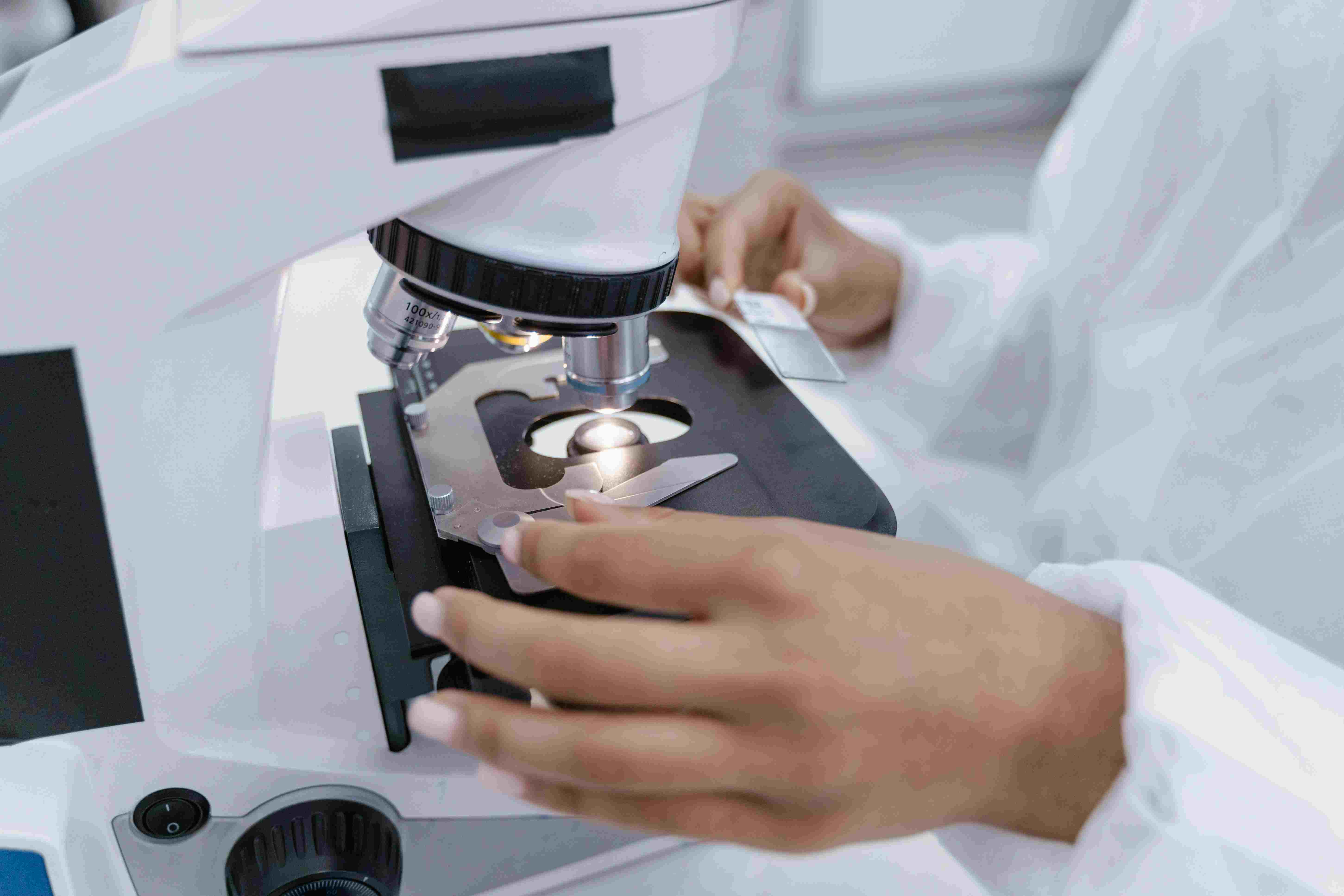Could the ANK3 Gene Help Guide Treatment-Resistant Depression Treatment?

For many people, depression can be effectively treated with antidepressants, therapy, or advanced interventions like electroconvulsive therapy (ECT) or transcranial magnetic stimulation (TMS). But for those with treatment-resistant depression (TRD)—individuals who do not respond to standard treatments—the search for effective care is often long and challenging.
That’s why researchers are seeking biomarkers, or biological signals, that can help predict which treatments are most likely to be effective for each individual. A new study explores how a gene called ANK3 might help identify patients who could benefit from liafensine, an investigational antidepressant.
What is ANK3?
The ANK3 gene plays a crucial role in brain function, enabling nerve cells to send and regulate electrical signals. Changes in this gene have previously been linked to mood disorders such as bipolar disorder and major depression. This makes ANK3 a promising candidate for research into personalized treatment approaches.
What is Liafensine?
Liafensine is an investigational antidepressant that works as a triple reuptake inhibitor, meaning it blocks the reuptake of serotonin, norepinephrine, and dopamine in the brain. By targeting all three of these key neurotransmitter systems, liafensine may provide benefits for patients who have not responded to traditional antidepressants like SSRIs, SNRIs, or NDRIs, which affect only one or two of these pathways.
Earlier large-scale trials of liafensine in unselected patients with depression did not show clear benefits. However, new evidence suggests that patients with a specific ANK3 genetic variant may respond well to this medication—pointing to a more personalized approach to its use.
The Study
The new research asked whether differences in the ANK3 gene could predict which patients with TRD respond better to liafensine.
Findings suggest:
- Certain ANK3 variants were linked to better antidepressant response when patients were treated with liafensine.
- This means ANK3 could serve as a biomarker—a tool to match the right patient with the proper treatment.
- Such progress is a step toward precision psychiatry, where each individual’s unique biology guides treatment decisions.
Why It Matters
Today, depression treatment often involves trial and error, which can be frustrating and discouraging for patients. If genetic markers like ANK3 can reliably predict treatment outcomes, clinicians may be able to avoid unnecessary delays and guide patients more quickly to therapies that truly help.
For those living with treatment-resistant depression, this could mean a future where effective treatment is personalized—not just hoped for.
Looking Forward
The findings are exciting, but more research is needed to confirm ANK3’s role and fully understand how it can guide care. Liafensine is still under investigation, and the use of genetics in psychiatry is an emerging field of study. Still, this study points toward a future where treatment for depression is as personalized as it is in other areas of medicine, like oncology or cardiology.
At the UTHealth Houston Center for Interventional Psychiatry, we are committed to exploring innovative science that can transform care for those facing the most difficult-to-treat forms of depression.
Reference
Wang G, Aguado M, Spear MA, Alphs L, Chen C, Huang H, Lu XX, Doostzadeh J, Wu S, Wang S, Patel A, Nemeroff CB, Wang Z, Li A, Luo W. ANK3 as a Novel Genetic Biomarker for Liafensine in Treatment-Resistant Depression: The ENLIGHTEN Randomized Clinical Trial. JAMA Psychiatry. Published online September 10, 2025. doi:10.1001/jamapsychiatry.2025.2416
Contact
Request for Second Opinion Form: https://Go.uth.edu/CIPIntake
Phone: (713) 486-2621
Fax: (713) 500-2728
E-mail: [email protected]
Disclaimer
This article was created with the help of artificial intelligence (AI) to make the information easier to read and understand. All medical content has been carefully reviewed, edited, and approved by Joao L. de Quevedo, MD, PhD, Director, UTHealth Houston Center for Interventional Psychiatry. This information is provided for educational purposes only and should not be used as a substitute for professional medical advice.